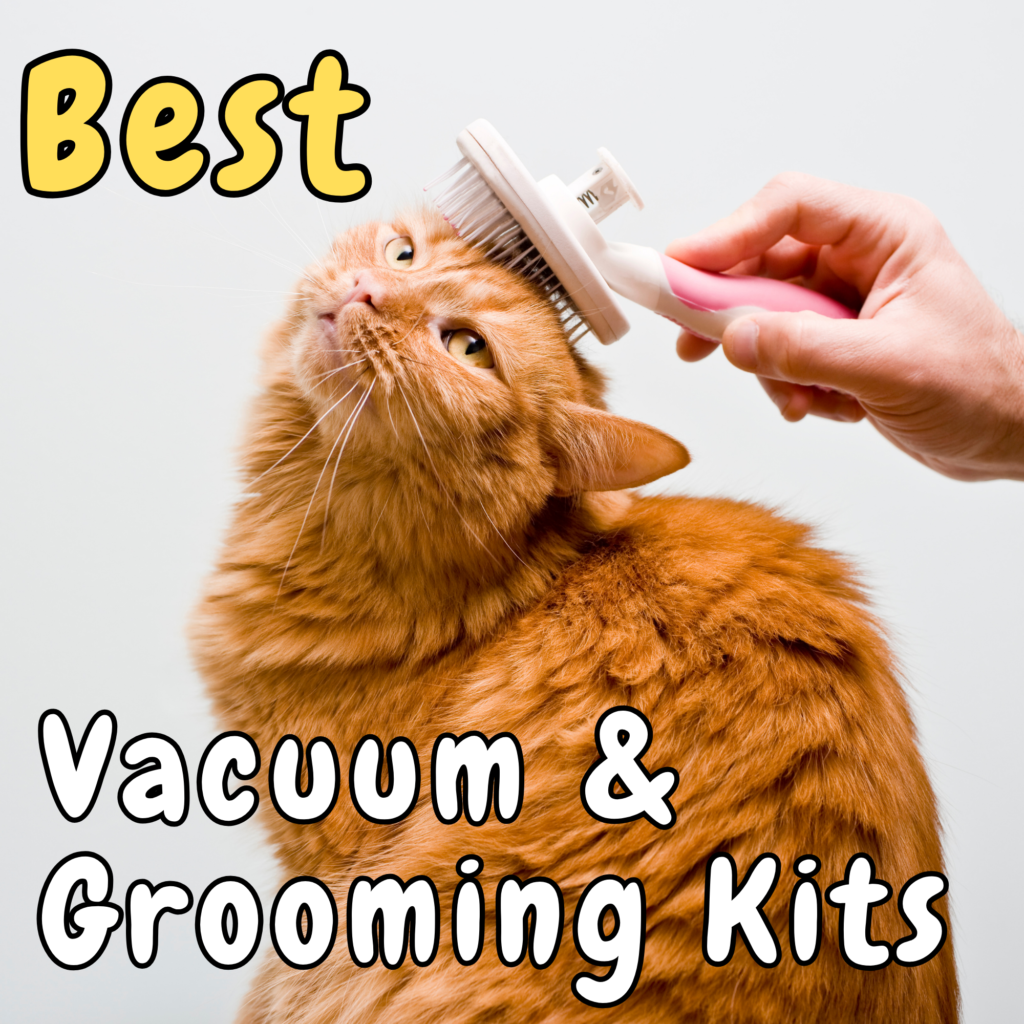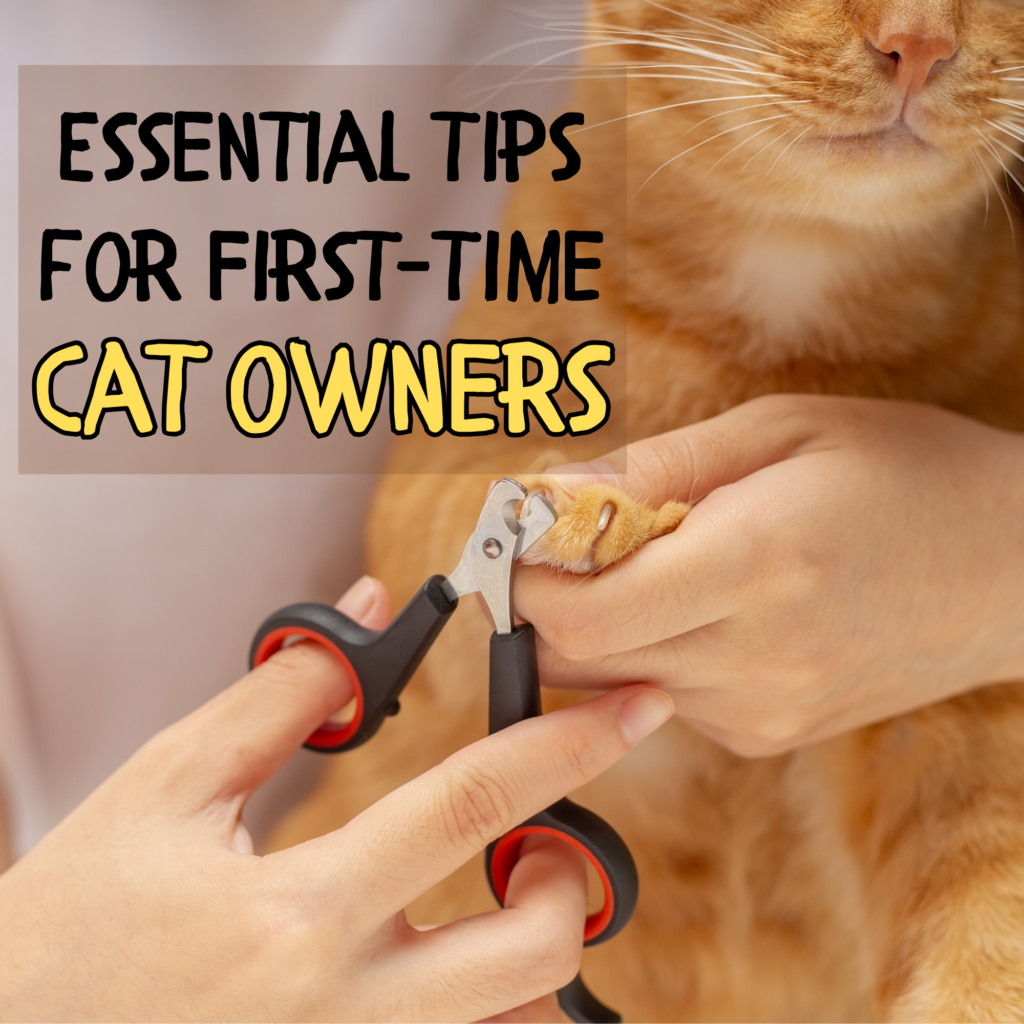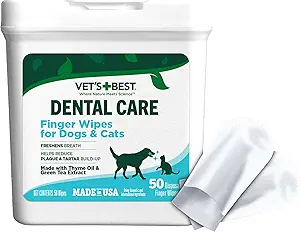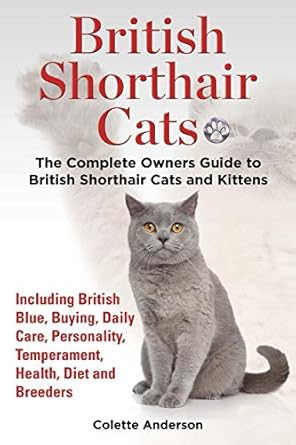This ” How to Provide the Best Care for Your British Shorthair ” post may contain affiliate links, which means I’ll receive a commission if you purchase through my link, at NO EXTRA COST TO YOU
How to Provide the Best Care for Your British Shorthair
Caring for a British Shorthair is a simple and enjoyable task, thanks to their low-maintenance coat and laid-back personality. These cats don’t require extensive grooming, making them an excellent choice for those who prefer a more hands-off approach to pet care. However, keeping your British Shorthair looking and feeling its best does involve some basic care routines. Here’s a helpful guide to ensure your British Shorthair stays in top condition. From maintaining their short, dense coat to supporting their overall health and well-being, this guide covers everything you need to know to keep your British Shorthair happy and thriving.

Coat Care
- Brushing: Despite their dense, plush coat, British Shorthairs require minimal brushing. A weekly brushing session with a soft-bristle brush or grooming glove is usually sufficient to remove loose fur and prevent matting.
- Bathing: Regular bathing is not necessary for British Shorthairs. Their coat is less prone to oil buildup, but occasional baths can help if they get particularly dirty. Use a mild cat shampoo and ensure thorough rinsing.
Nail Trimming
- Frequency: Regular nail trimming is essential to prevent overgrowth and discomfort. Check your cat’s nails every 1-2 weeks and trim them as needed using cat-specific nail clippers.
- Technique: Trim just the sharp tips of the nails to avoid cutting into the quick, which can cause bleeding and pain.
Ear Cleaning
- Inspection: Check your British Shorthair’s ears regularly for signs of wax buildup, dirt, or infection. Their rounded ears are less prone to excessive wax, but occasional cleaning can help maintain ear health.
- Cleaning: Use a gentle cat ear cleaner and cotton balls. Avoid using cotton swabs, which can push debris further into the ear canal.
Dental Care
- Brushing: Dental hygiene is important for preventing plaque and tartar buildup. Brush your cat’s teeth regularly with a cat-specific toothbrush and toothpaste.
- Dental Checkups: Schedule regular dental checkups with your veterinarian to monitor oral health and address any issues.
Eye and Nose Care
- Inspection: Monitor your cat’s eyes and nose for any signs of discharge or irritation. British Shorthairs generally have clear, bright eyes and a dry nose, but any changes should be noted.
- Cleaning: Wipe away any minor eye discharge with a damp cotton ball if necessary. Ensure the area around the eyes remains clean and dry.
Overall Health Checks
- Regular Vet Visits: Schedule regular veterinary checkups to ensure your British Shorthair’s overall health and address any specific grooming needs.
- Weight Management: Maintain a healthy weight through proper diet and exercise to avoid obesity-related issues.
British Shorthairs offer an ideal choice for anyone looking for a low-maintenance feline companion, thanks to their easy-to-care-for coat and minimal grooming requirements. Their short, dense fur doesn’t require much upkeep, making them perfect for busy pet owners. However, it’s still important to give them regular attention when it comes to grooming. Not only will this keep them looking their best, but it will also ensure they feel comfortable and healthy. Additionally, these grooming sessions provide an excellent opportunity to strengthen the bond between you and your cat. By dedicating time to this routine, you’ll keep your British Shorthair happy and well-groomed, while also deepening your connection with them.






